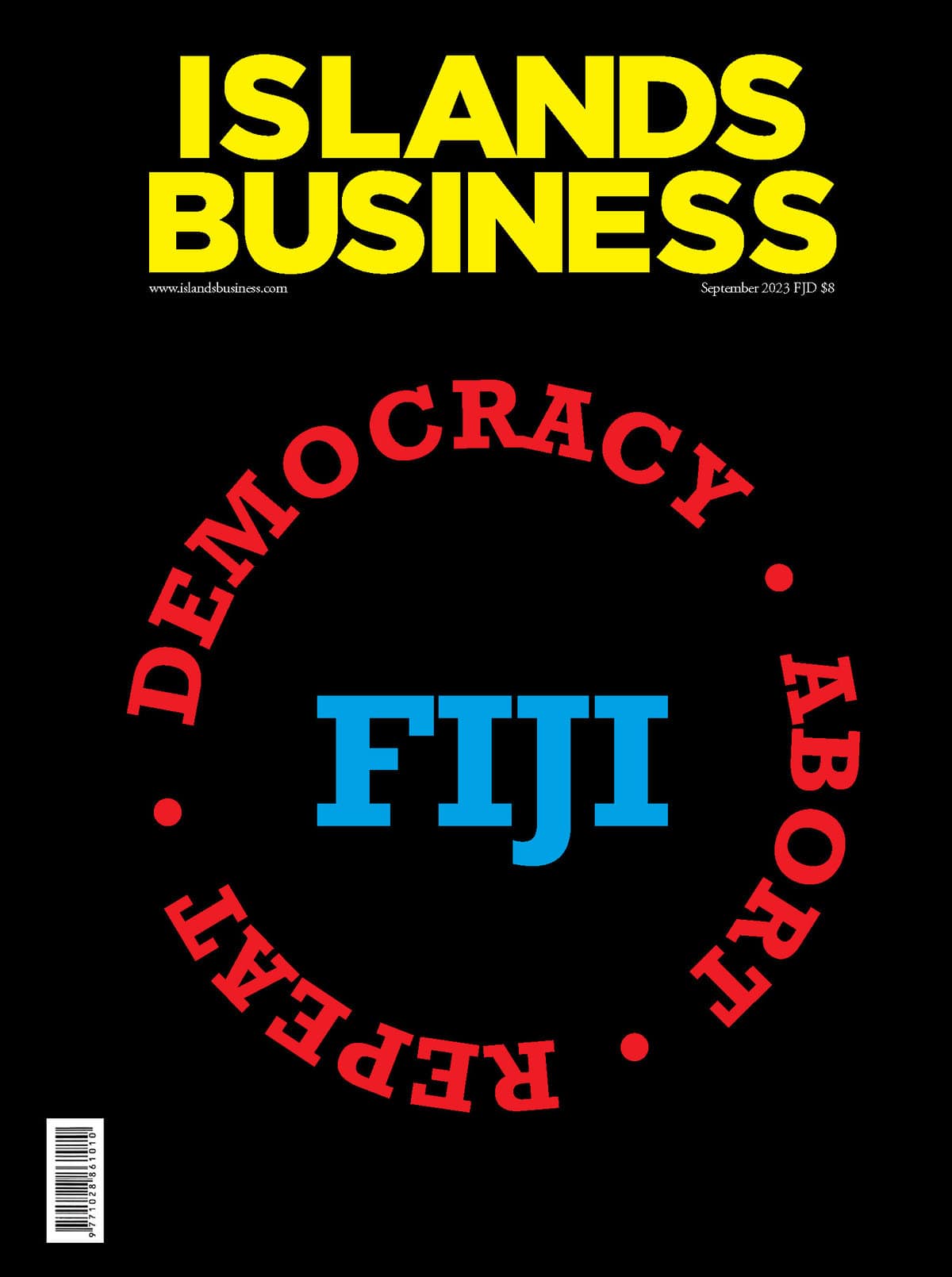WHO will be next regional health leader?
Why is the Pacific Islands region fielding two candidates for the position of World Health Organization (WHO) Regional Director for the Western Pacific? Tonga has nominated Dr Saia Ma’u Piukala, and Solomon Islands has put forward Dr Jimmie Rodgers. After Niuean New Zealander and former Pacific Community (SPC) boss, Colin Tukuitonga missed out on the role in 2018, experts in health and diplomatic circles suggested a single Pacific candidate would have a strong chance of being chosen this time around. However, there are Whispers . . .
Please Subscribe to view full content...
